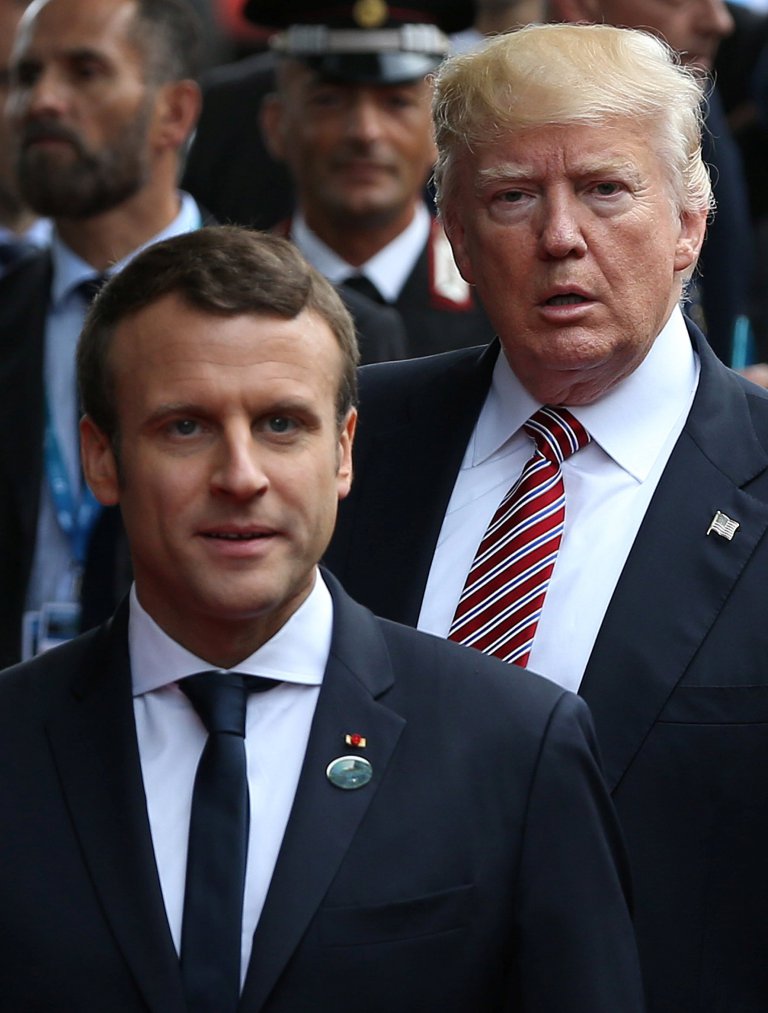Category Archives: Media
Trump triumphs, CNN implodes, the Russian myth is destroyed and the Alt-Left Media haven’t a clue.
The journalism world sits shiva for CNN after Operation Veritas publishes their Zapruder film
The Russian collusion story is dead as evidenced by CNNothing’s capitulation.
Corporate Media ALWAYS Wants More War
Wounded Scalise & Republicans Mocked By Terroristic Social Media
What you’re probably not hearing from the media about the G7 meeting
As President Donald Trump had his first meeting with the other G7 nations, he made it clear that his desire for a working partnership would not override his “America First” stance on issues such as climate change and Muslim migrants.

Western Journalism Trump’s impact was shown in Saturday’s final statement about the meeting. Italian authorities wanted many pages of text extolling the rights of migrants now sweeping across Europe and to have the partner nations support efforts to resettle them. Trump opposed this, and the final statement reduced mention of migrants to one or two lines.

The summit, which included the leaders of Canada, France, Germany, Italy, Japan and Britain, also noted that when it came to climate change, Trump would follow his own policy and not that of his partners. “The entire discussion about climate was very difficult, if not to say very dissatisfying,” German Chancellor Angela Merkel said later. “There are no indications whether the United States will stay in the Paris Agreement.”

Understanding this process, the Heads of State and of Government of Canada, France, Germany, Italy, Japan, and the United Kingdom and the Presidents of the European Council and of the European Commission reaffirm their strong commitment to swiftly implement the Paris Agreement, as previously stated at the Ise-Shima Summit.”
Economic adviser Gary Cohn said Trump told leaders “the environment is very, very important to me, Donald Trump,” but the U.S. needs to have an unfettered approach to catching up to India and China in manufacturing.
“He wants to understand how we can bring back manufacturing, bring back jobs, but still be environmentally friendly, but not have a restriction enforced upon us that makes absolutely no sense,” Cohn said.
The following photos speak volumes:






